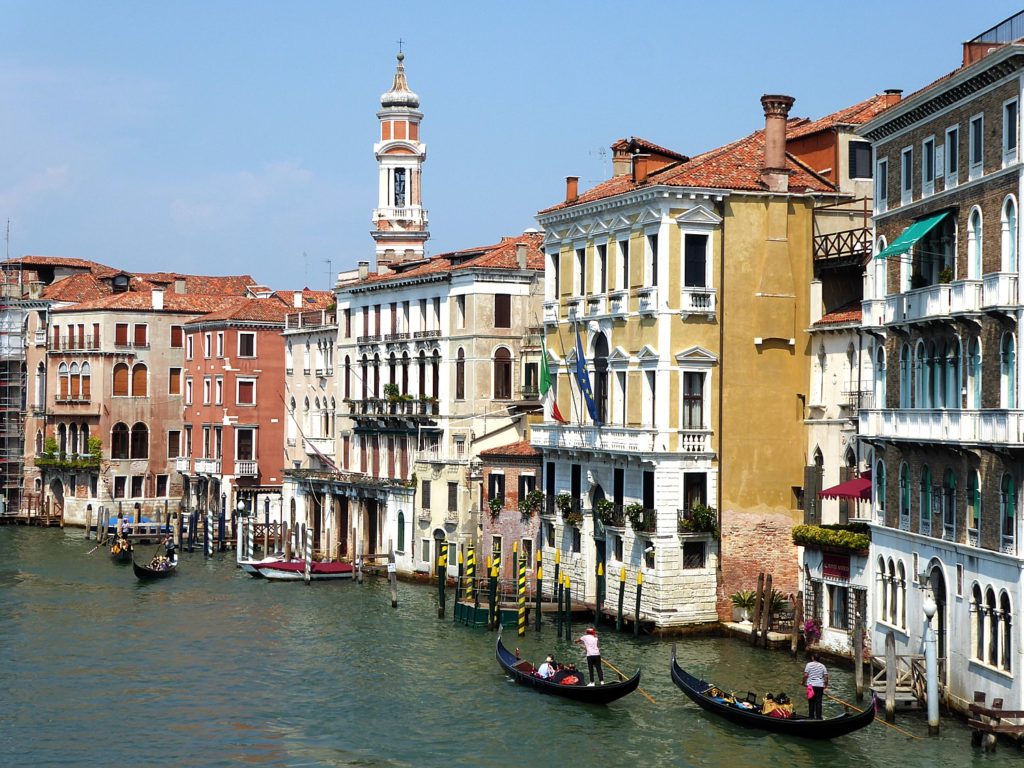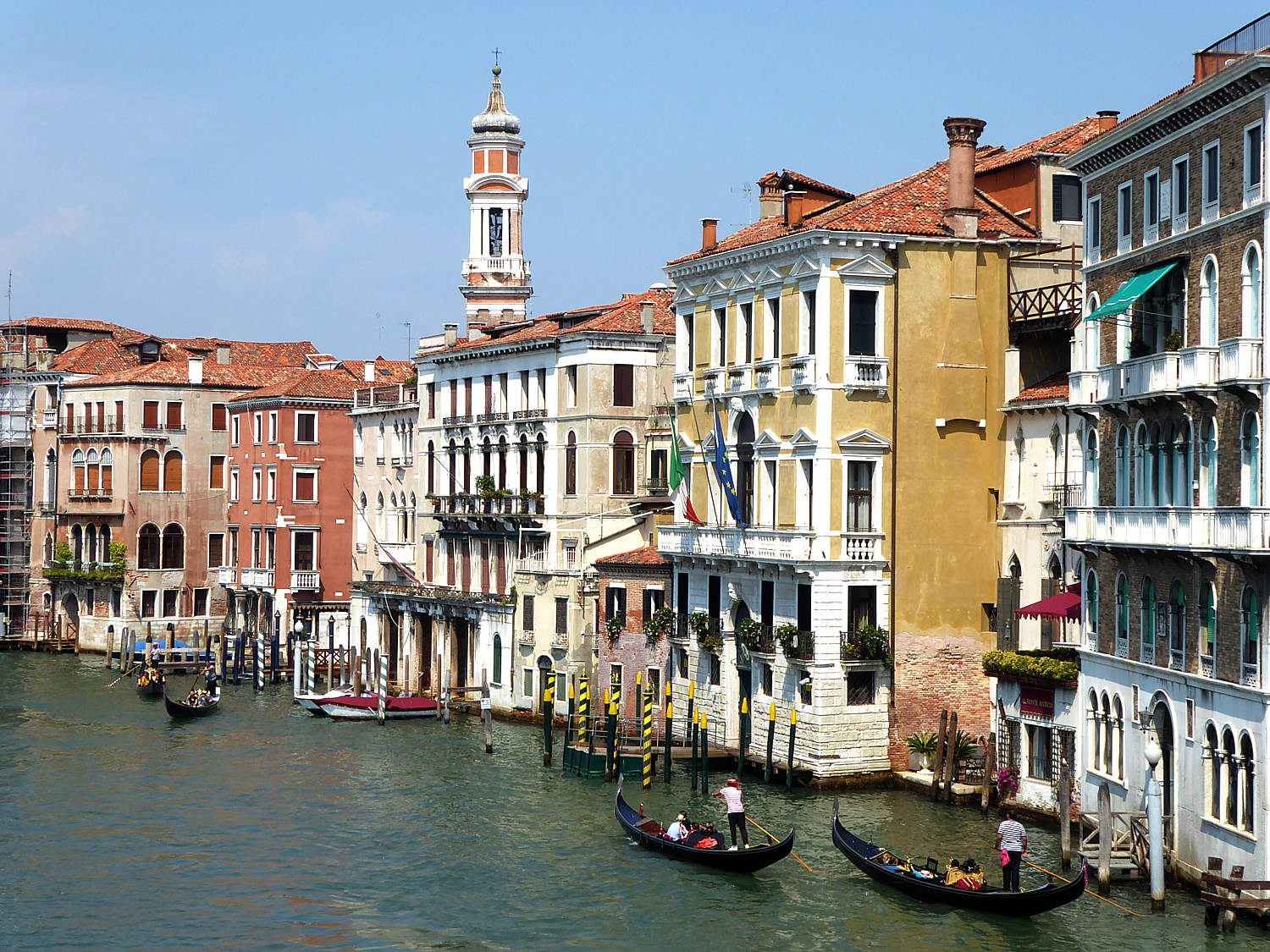
There has been much discussion of late of the negative impacts of over-tourism on communities and the environment. But the travel industry, which offers a lifeline to communities trying to preserve their heritage and environment by providing an economic foundation, is working aggressively to reduce these adverse effects. In addition to introducing sustainable practices in lodging and touring (getting rid of single-use plastic, promoting farm-to-table dining and local services, reducing impacts on water and energy supplies) and transportation (introducing technology to reduce carbon emissions, increase efficiencies), there are other things that travelers can do to travel responsibly:
Investigate your destinations before you travel to see if there is a problem with overtourism.
Consider not visiting a destination suffering from overtourism during the height of its tourism season. Instead, try to travel in shoulder or off seasons when there are fewer visitors.
Or, travel to less popular destinations in Europe that offer many similar experiences and attractions to a bucket list destination. Resist the temptation to go only to the places you see on Instagram – destinations plagued by selfie-takers, who only remain for a few moments to get a photo, are suffering from the negative impacts of congestion but none of the positive impacts of stayover tourism.
Consider traveling with a responsible tour operator. Tour operators like Intrepid Travel and G Adventures have instituted measures to avoid contributing to overtourism, like organizing early entry when visiting popular attractions, taking travelers to less-visited sites within historic cities, and offering alternative hikes and treks that avoid crowded pathways and lead to less-visited sections of ancient sites.
Be responsible about the photos you take. Get permission to take photos of individuals and respect the physical environment when taking photos – do not go off trail/into restricted areas to take photos. Showing restraint in taking photos will allow you to really experience the destination and be respectful of those around you.
If available, use apps or other devices that can track and help to disperse crowds.
Travel on small cruises that are less overwhelming to a destination.
If using Airbnb or another home sharing site, check beforehand to see if they are legal and what the regulations are in that particular destination. Same for Uber, Lyft and other sharing economy car services – are they legal, and if so, are there rules that you should follow?
Try to use accommodations, transport and restaurants that are certified as socially and environmentally responsible and/or are locally owned. Go on the company’s website to check for this and look for certifications or messaging about sustainability.
Use your dollars toward good. Tourists need to be mindful of creating a positive footprint on destinations, rather than a neutral one. Spend on locally owned restaurants, locally made handicrafts, locally owned hotels and donate to social and environmental projects.
Based in Washington, DC, the Center for Responsible Travel (CREST) is dedicated to increasing the positive global impact of tourism. A unique nonprofit organization recognized for its unbiased, academically rigorous, practical research, CREST is also known for its “on the ground” fieldwork applying these findings and analyses. Originally, CREST’s work focused on the role of ecotourism projects in empowering communities and conserving fragile ecosystems through responsible tourism. Over time, it has evolved to examine how all tourism can be more responsibility planned, developed, and managed. CREST has become a leading expert on the full range of tourism models, from small-scale community-based and indigenous tourism to large coastal resort and cruise tourism. Furthermore, its work has also expanded to encompass country-wide responsible tourism master planning and public sector collaboration. In this era of climate change, responsible travel is no longer an option, it is an imperative. Given this reality, CREST remains committed to its original vision of transforming the way the world travels.
More information at www.responsibletravel.org.
For more travel features, visit:
goingplacesnearandfar.wordpress.com
www.huffingtonpost.com/author/karen-rubin
travelwritersmagazine.com/TravelFeaturesSyndicate/
goingplacesfarandnear.tumblr.com/
instagram.com/going_places_far_and_near/
‘Like’ us on facebook.com/NewsPhotoFeatures
Twitter: @TravelFeatures
